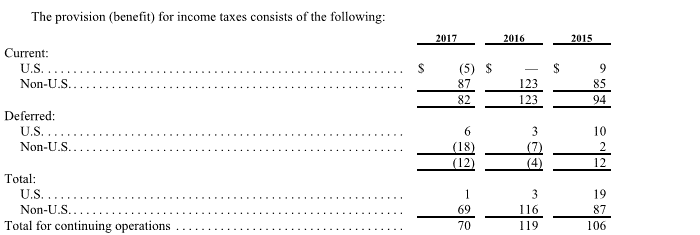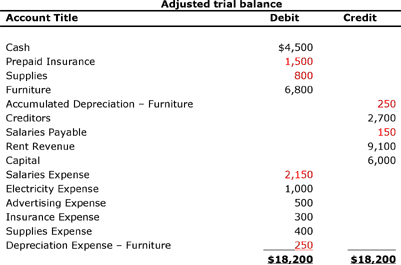Bookkeeping 101: Bookkeeping Basics for Small Businesses

Small businesses also manage their own accounts receivable to make sure they get paid on time for goods and services that have already been bought or rendered. The process involves sending estimates and invoices and keeping track of due dates. Some accounting software comes with invoicing features, like automated payment reminders, or you may opt for separate invoicing software.
If you don’t feel comfortable with a freelancer, there are many firms that offer bookkeeping services as well. If you find that you have a talent for and enjoy the process, you may consider starting your own bookkeeping business providing this service to others. There’s always a demand for experienced, efficient bookkeepers in nearly every industry.
Hire an in-house bookkeeper
First, decide whether you will use single-entry or double-entry bookkeeping. Small businesses may start with single-entry, but as they grow, it’s advisable to switch to double-entry. By definition, bookkeeping is the organization of financial information. Keeping your financial records organized makes it easier to locate and provide to appropriate parties.

What is the difference between bookkeeping and accounting?
Financial bookkeeping is the record-keeping aspect of accounting. These are individual entries in journals or ledgers that summarize each business transaction. Accountants use these journals to prepare your financial statements. These are reports containing a summary of the business’s income and expenses for a specific timeframe. It will reflect in your accounts receivable and accounts payable. 15 very important tips for aspiring entrepreneurs to success Bookkeeping involves the recording, on a regular basis, of a company’s financial transactions.
- Bookkeeping is the process of tracking all documentation of any financial transactions that a business entity makes from launch to closure.
- You’re always thinking of ways to grow and develop your business.
- Some accounting software products automate bookkeeping tasks, like transaction categorization, but it’s still important to understand what’s happening behind the scenes.
- Petty cash bookkeeping is a single-entry system that simply records the total amount of money you have in your petty cash drawer.
- This way, business owners or shareholders can make key financial decisions involving the company.
- Although it’s more complicated, it can prevent bookkeeping errors.
Instead of scrambling for receipts or invoices, all of your financial information is organized on one central salary paycheck calculator system. When income and expenses are properly organized, it makes it easier to review financial resources and expenses. These issues might be preventing you from climbing the ladder to success!
One of the most frequently asked questions about bookkeeping basics is, “What is the purpose of bookkeeping? ” If you’re new to business, you may already have a million other things to worry about. Brushing up on your bookkeeping skills may seem like a task for another day.
Documents can be bills, receipts, invoices, purchase orders, or other financial reports that indicate a transaction. Double-entry accounting enters every transaction twice as both a debit and a credit. Your business’s books are balanced when all of the debits equal (or cancel out) all of the credits. Although it’s more complicated, it can prevent bookkeeping errors.
Why is bookkeeping important for businesses?
If you find apps on apple watch someone who is a good fit for your business needs, it doesn’t matter if they are in California while you work from New York. You’ll want to create a contract that outlines details, such as deadlines, rates and expectations so that everyone is on the same page. A business needs accounting information to file taxes, share performance results with stakeholders, and make purchase decisions. Now that you’re comfortable with accounting basics, consider utilizing our small business accounting checklist to prepare for next year’s tax season and beyond. It’s easier than ever to get an accountant’s professional opinion when you need it most.
When you use accounting formulas, you take the guesswork out of running a small business and allow the numbers to do the talking. Payroll accounting, for example, can show you how much you can compensate your employees and how much to withhold for taxes. We’ll walk you through what you need to know about bookkeeping basics. When faced with an audit, it’s best to make their job as easy as possible by providing what they request in a timely manner.




